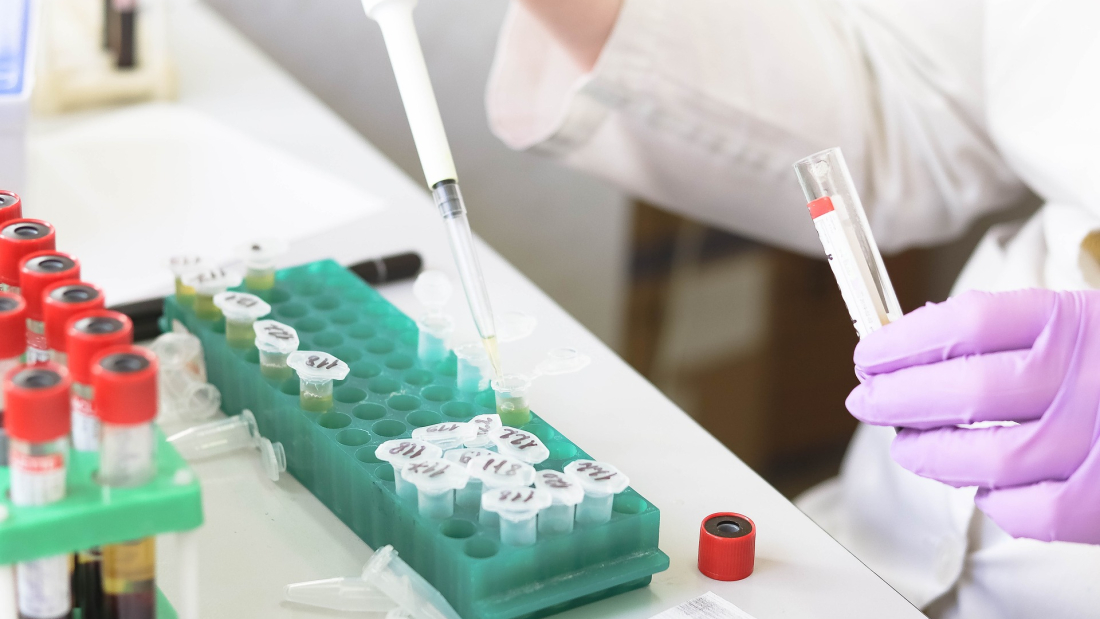The ability to predict how long someone is likely to live would help doctors tailor treatment plans. A new study looking at biomarkers in the blood concludes that more accurately estimating mortality might soon be possible.
They believe that a blood test might one day be able to predict whether someone is likely to live 5 or 10 more years. The authors explain that this would help doctors make important treatment decisions.
For instance, they would be able to ascertain if an older adult is healthy enough to have surgery or help identify those in most need of medical intervention.
A test like this might also benefit clinical trials: Scientists could monitor how an intervention impacts mortality risk without having to run trials until enough people die.
Predicting Longevity
Currently, blood pressure and cholesterol levels can give doctors an impression of a person’s likely lifespan. However, in older adults, these measures become less useful.
Counterintuitively, for people aged 85 or over, higher blood pressure and higher cholesterol levels are linked with lower mortality risk.
Scientists from Brunel University London in the United Kingdom and Leiden University Medical Center in the Netherlands set out to identify any biomarkers in the blood that might help tackle this issue.
The team initially identified metabolic markers associated with mortality. From this information, they created a scoring system to predict when a person might die.
Next, the researchers compared the reliability of the scoring system with that of a model based on standard risk factors. To do this, they studied data from further 7,603 individuals, 1,213 of whom died during follow-up.

Mortality Metabolites
After whittling down a long list of metabolites, the researchers settled on 14 biomarkers independently associated with mortality. Having higher concentrations of some of the 14 biomarkers — including histidine, leucine, and valine — is associated with decreased mortality. Conversely, having lower concentrations of others — such as glucose, lactate, and phenylalanine — is associated with increased mortality.
The scientists demonstrated that the combination of biomarkers could predict mortality equally well in both males and females. They also tested their findings across several age groups, concluding that “[a]ll 14 biomarkers […] showed consistent associations with mortality across all strata.”
The biomarkers they identified are involved in a wide range of processes in the body, including fluid balance and inflammation. Also, scientists have already linked most of them to mortality risk in previous studies.
However, this was the first time that researchers have demonstrated their predictive power when combined into one model.
This study is just the next step along a path that might lead to a usable blood test. However, the study authors feel encouraged:
“A score based on these 14 biomarkers and sex leads to improved risk prediction as compared [with] a score based on conventional risk factors.”
A Long Path Ahead
The authors do note certain limitations of their study. For example, they were only able to analyze hundreds of the thousands of metabolites present in human serum.
Including more metabolites in future analyses would, the authors predict, “result in [the] identification of many more mortality associated biomarkers and, hence, improved risk prediction.”
“There’s a hope that in the near future we can understand the biomarkers that can be modified, perhaps by helping people improve their lifestyle or through medication, to lower the risk of death before a significant deterioration of health.”Study co-author Dr. Fotios Drenos
Although this exact test would not be suitable for use by the general public, it could eventually evolve and move into the public sphere in the same way that genetic testing has.
Perhaps, in the future, the question might not be, “How long will I live?” but rather, “Do I want to know?
Source: Medical News Today
Brought to you by Fomat Medical


Add a Comment